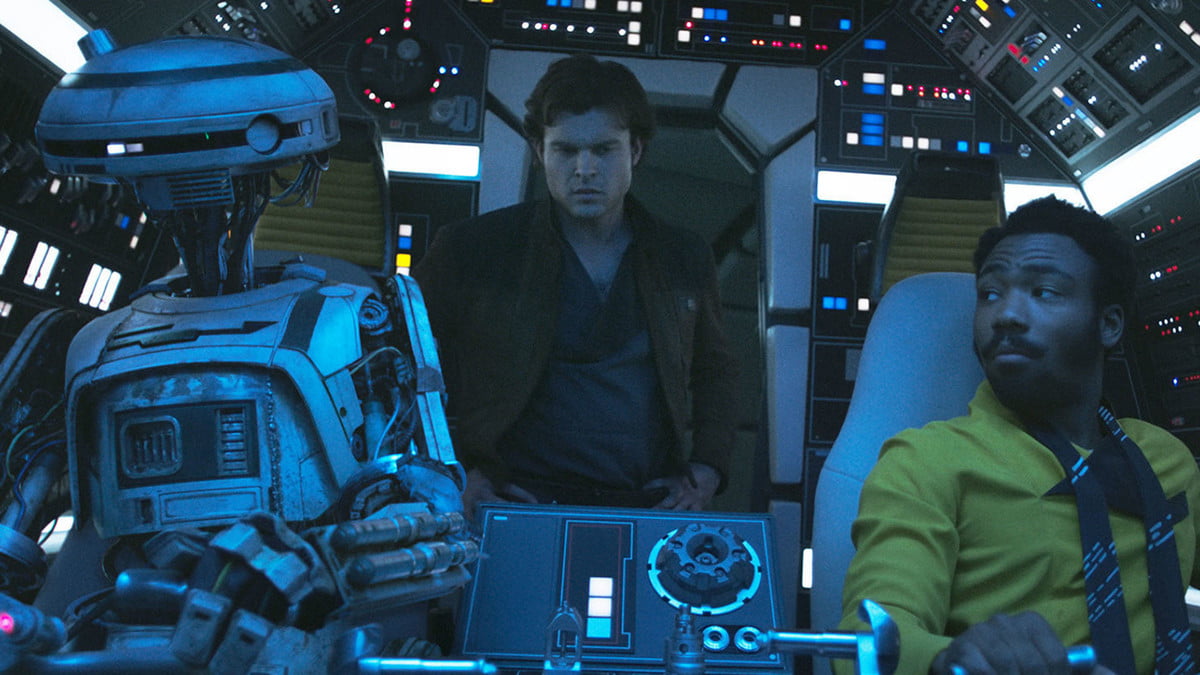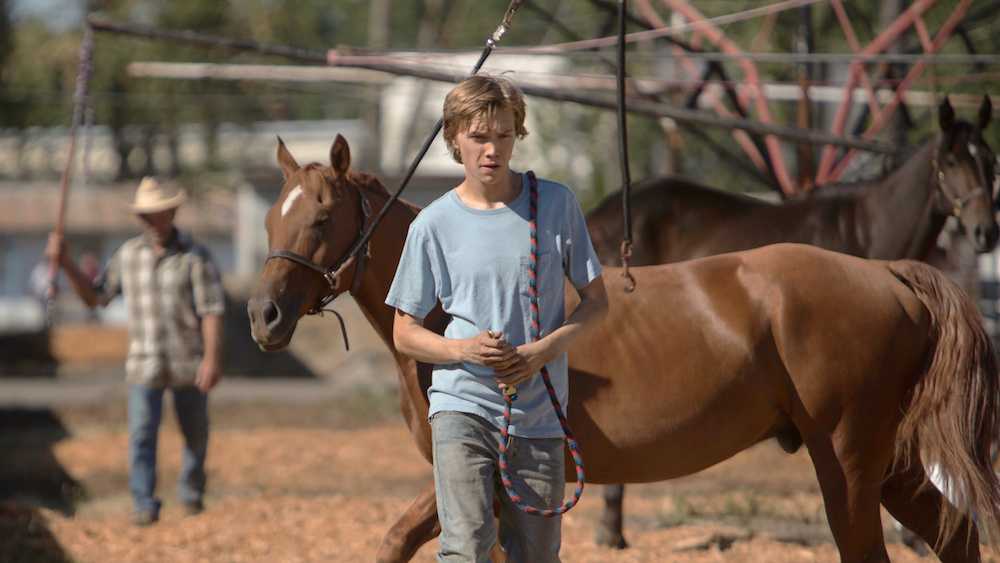File Under 2018 #63: First Reformed
/What it's about: Toller [Ethan Hawke] is a reverend for a small, upstate New York "church for tourists that no one attends." One of his few parishioners, Mary [Amanda Seyfried], comes to Toller after a service and asks him to talk with her husband, an environmental activist who is suffering from depression and anxiety based on the way we've treated the world. Complicating matters, Mary is pregnant and Michael doesn't feel it is responsible to bring a baby into this world. After Toller meets with Michael, his own doubts about life and faith intensify.
Unorganized thoughts:
First, it is important to understand that I am writing these thoughts down about an hour after seeing First Reformed, which isn't exactly ideal. First Reformed is the kind of introspective, character driven film that should be deeply considered. Because of that, I haven't parsed out the philosophies and themes, nor have I totally considered what to make of its strange and complicated ending. Or maybe I'm just too intimidated to fully reckon with it yet.
At this point, it is easier to think about First Reformed for its formal aspects and on that level alone, the film is one of the best of the year so far. The transcendental style is beautiful and refreshing when so few films are made like this any more. It is slow and contemplative, the images hold long enough to really study what is being shown. The 4:3 ratio makes the images more intimate and picturesque. The settings are sparse, saying something about the characters, but also work with the slow style.
No doubt, the film is calling back to the religiously themed films of the European art movements spanning Dreyer, Bresson, Rossellini, Bergman, and others. Serious works on doubt and introspection and morality. The modern elements of First Reformed add something peculiar -- from the mega church that looks and runs more like an office building to the souvenir shop selling branded hats and T-shirts and using Drain-o on a broken toilet. Independently presented, these moments and images aren't especially funny but their juxtaposition into this type of film adds a strange humor.
Ethan Hawke is perfectly cast as Toller. He's stoic and serious and not particularly expressive but the intellect and passion come through because of the actor's past works. He's also the right age for this character -- old enough to hold wisdom but young enough to be susceptible to change.
The character is also smartly written, giving just enough of his backstory to understand what kind of man he is. This is vital to buy his changes in philosophy by the end of the film, frankly, to buy the extreme choices that he makes. He is a broken man with life experiences that have built his faith. He's also not tied to this world in a way that would make it too difficult to openly question.
The first meeting between Toller and Michael is a sharply written and exhilarating argument with a great balance between science and faith. Toller comes across as honest and sympathetic to Michael's point-of-view and great fear and he seems to genuinely understand the issues. After the scene, in the voice over of Toller's journal writing, he second guesses the things he said but this seems a little silly as their conversation is so energetic and insightful. It is genuine discourse, which we don't often see anymore when it comes to these kinds of issues.
One of the things I admired most about First Reformed is that there are no clear antagonists though there are a few characters that could have been clearly that. Pastor Jeffers of the nearby mega-church that oversees the functions of Toller's church, played by Cedric the Entertainer [credited as Cedric Antonio Kyles] is the character positioned for this. Jeffers can be a spiritual counterpart to Toller but their debates are always fair and from an honest point-of-view. He always wants the best for Toller and stands up for him when he has to. Another character, who controls everything in the town with his money and power, is too small a role to be much of a villain -- and even he rightfully acknowledges that the world is a complicated place.
I wasn't exactly sure where First Reformed was ever leading. There are threads that show possibilities of its characters and narratives but they always seemed too easy or too radical or too inconsistent with the film's building themes. For example, there is Toller's relationship with Mary. It is difficult to know if we are seeing things as they are happening or what influence Toller's rapidly declining psychology may have on how we are seeing the world.
There is one particular moment, though [I won't spoil it, but if you've seen the film you'll know what I'm referring to], that really crystallizes exactly how this will all end. Smartly, it even takes a few scenes to come back to this idea, perhaps to continue to cast some doubt.
The film's final moments, though I still can't completely put them together, are equally beautiful and devastating. There is a plot contrivance [a particular character being in a particular place that works more thematically than it does narratively] that temporarily pulled me out of the moment. Hawke's performance here, as well as the sheer audacity of what is coming, are extraordinary. The exact final moment is surprisingly joyous and irreverent. Many of those in the theater were not so happy when a long cut to black were followed directly by credits -- those who didn't begin walking out as the film was ending, that is.




















